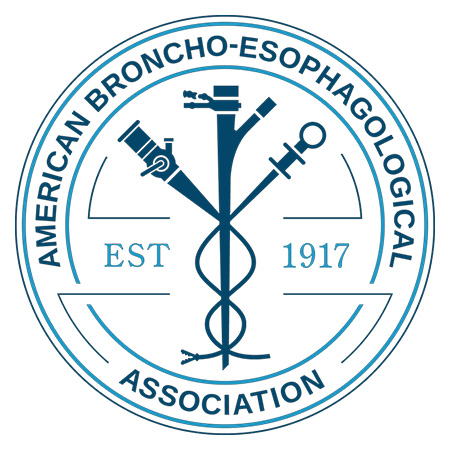Is THRIVE Safe to Use During Botox Injection for No-Burp Syndrome?
 Retrograde cricopharyngeus muscle dysfunction (RCPD), characterized by the inability to belch and also known as no-burp syndrome, is primarily managed by intraoperative injection of botulinum toxin to the cricopharyngeus muscle, a quick procedure usually performed under general anesthesia with endotracheal intubation. Andrew Tritter, MD, director of the Texas Voice Performance Institute™, and his research team sought to evaluate the safety and efficacy of transnasal humidified rapid insufflation ventilatory exchange (THRIVE), an apneic oxygenation method gaining popularity in upper aerodigestive surgery, during the procedure.
Retrograde cricopharyngeus muscle dysfunction (RCPD), characterized by the inability to belch and also known as no-burp syndrome, is primarily managed by intraoperative injection of botulinum toxin to the cricopharyngeus muscle, a quick procedure usually performed under general anesthesia with endotracheal intubation. Andrew Tritter, MD, director of the Texas Voice Performance Institute™, and his research team sought to evaluate the safety and efficacy of transnasal humidified rapid insufflation ventilatory exchange (THRIVE), an apneic oxygenation method gaining popularity in upper aerodigestive surgery, during the procedure.
“THRIVE keeps oxygen levels up during surgery by flowing humidified oxygen through the nose rapidly so that it fills the lungs, avoiding the need for intubation and saving time during the procedure,” says Dr. Tritter, an assistant professor in the Department of Otorhinolaryngology at McGovern Medical School at UTHealth Houston. “We conducted a retrospective review of 39 patients who met our study inclusion criteria, and of those, 82% were able to maintain oxygenation with THRIVE throughout the Botox® injection.”
The researchers concluded that THRIVE is a feasible strategy for oxygenation during the procedure but noted that the need for “rescue” ventilation may occur at a higher rate than demonstrated in existing literature for laryngotracheal surgery. “We also found that people who are obese or significantly overweight were more likely to have problems with THRIVE, making intubation a better choice,” Dr. Tritter says.
The research was done by Amy Lemming, MD, and Dylan Vance, MD, now fourth-year residents in the department, in conjunction with Dr. Tritter and Z. Mike Yang, MD, a faculty member at The University of Texas at San Antonio. They presented their results at the American Broncho-Esophagological Association meeting held in Chicago this past May as part of the 2024 Combined Otolaryngology Spring Meetings.